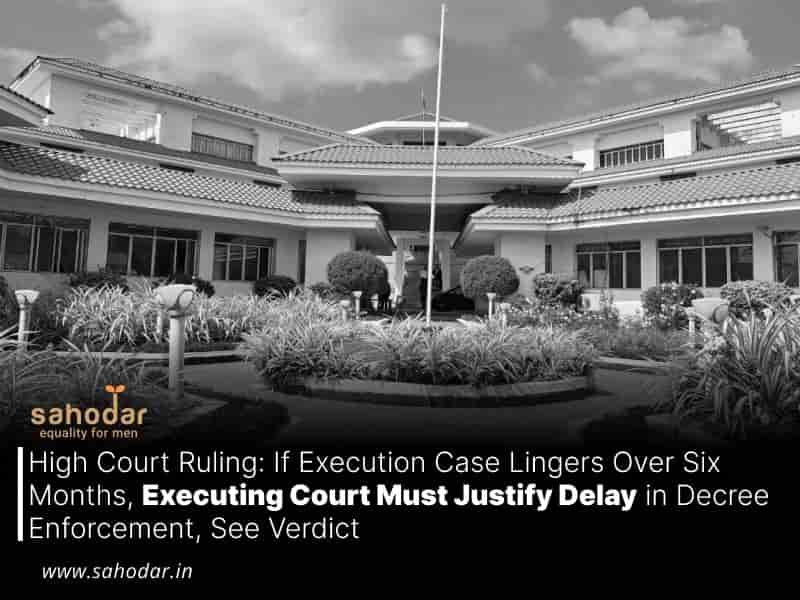The single judge bench of Tripura High Court declined to excuse the delay of around 2 years and 5 months in reactivating the execution case. The court emphasized that if an execution case remains unresolved beyond six months, the Executing Court must provide reasons for the delay in decree enforcement.
Overview of the Case: In this case, the Petitioner/Plaintiff obtained a decree in their favor, directing the Defendant/Respondent to execute a registered sale deed within 45 days. Failure to comply would result in court enforcement and the return of the remaining amount with interest. The execution suit concluded, but the Petitioner filed a review petition after a delay of 1502 days, seeking condonation under relevant legal provisions. The court, however, rejected this application, leading to the current petition under Article 227 of the Constitution of India.
Court’s Observations: The Court noted the decree-holder’s inaction regarding the cash amount specified in the decree. Additionally, the decree holder’s counsel indicated satisfaction with the sale deed execution, suggesting disinterest in further decree enforcement. The Court highlighted the obligation of the Executing Court to explain delays in decree execution beyond six months, citing the precedent of Rahul S. Shah v. Jinendra Kumar Gandhi and Others.
Court’s Decision: Considering these points, the Court concluded that reviving the execution case after such a lengthy delay, particularly at the request of parties seemingly uninterested in full decree enforcement, would amount to condoning their lapses. Consequently, the Court dismissed the revision petition in line with these considerations.

